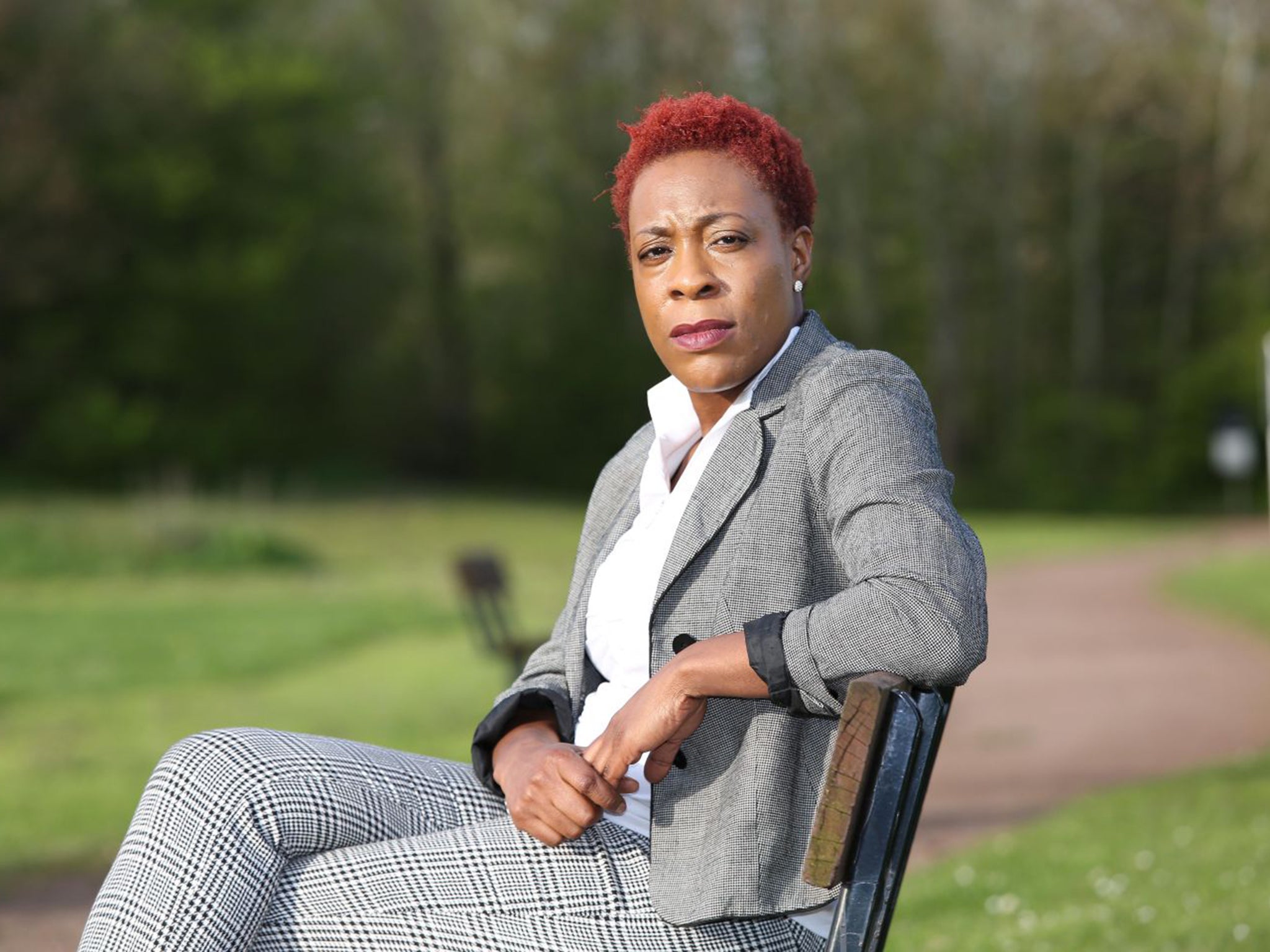Revenge porn law 'will not help victims,' say campaigners
Experts believe lots of cases will fall through the net, and that putting perpetrators on the Sex Offenders Register would be a better deterrent

A law to tackle “revenge porn” which came into force last week is too weak and runs the risk of allowing perpetrators to continue to get away with the crime, experts have warned.
Legislation making the malicious dissemination of explicit images punishable by up to two years in prison was introduced in England and Wales on Monday. However, campaigners say flaws in the law will make it an uphill struggle to get a prosecution and they are concerned that it will not ensure the swift removal of damaging images.
To get a prosecution under the new law, it must be proved that the person who distributed the image “intended to cause distress” to the victim. But lawyers say it will be incredibly hard in many cases to establish the motives of the perpetrator. Given the harm caused, campaigners say the distribution of a sexualised image without the subject’s consent should be enough.
A conference in Westminster this week will bring together legal experts and campaigners to discuss the new law and debate the need for further legal reform.

Jef McAllister, a solicitor at McAllister Olivarius, said: “In most cases it will be clear that your ex was mad at you but there are lots of excuses that could reasonably be advanced, and if the person is careful about the way the material is sent into the world it makes it that much harder [to get a conviction].”
There were 149 allegations of revenge pornography, in the eight police forces in England and Wales who recorded it, in the two years to September 2014. Victims were as young as 11 and the majority were women. Only six incidents resulted in a police caution or charge.
Laura Higgins, the founder of the Revenge Porn Helpline, which was launched in February, said they had already been contacted by more than 500 victims. “There are lots of cases we see that will fall through the net,” she said. “Photoshopped images are not covered, for example. We’re delighted at anything that raises awareness and hopefully deters perpetrators… but there’s a whole group of victims who won’t be covered.”
Campaigners argue that without making it easier to prosecute, or including more serious penalties, such as putting perpetrators on the Sex Offenders Register, the new law will not do enough to help victims.
Folami Prehaye, 45, from Bristol was a victim of revenge porn and is now campaigning for tougher laws. After she separated from her partner, Thomas Samuel, last spring he posted explicit pictures of her online that had been taken consensually earlier in their relationship.
Samuel created a fake Facebook profile for Ms Prehaye that he used to share the images with her friends, family and strangers. In September he was given a six-month suspended sentence over two years for harassment and distributing indecent images.
Ms Prehaye said: “The law needs to be made tougher and more transparent because there are a lot of people going through these problems that the police won’t take seriously. The law change hasn’t made that much difference. My ex wouldn’t have had a longer sentence or got locked up, because the sentencing is identical. They need something more robust that would make people pay attention. The Sex Offenders Register would be an obvious deterrent – it’s a malicious sex offence.”
She added: “I’m supporting other people that have gone through it and a lot of them feel, even with the law change, that it’s a lot of hassle to go through and you’ve got to be mentally strong to go through the images with the police. A lot of them are worried that they won’t have enough evidence to prove intent, so they won’t come forward.”
Ms Prehaye believes that stronger legislation on the removal of harmful images would also be useful. Now, even if the perpetrator is facing criminal prosecution, there is nothing to require him or her to remove the offending image immediately.
A better system, lawyers say, would allow a victim not only to refer the case to the police for prosecution, but also to file for an injunction against the perpetrator requiring them to take down any images.
A Crown Prosecution Service spokeswoman said: “Revenge pornography is a particularly heinous crime. We hope that the new legislation will help to further tackle it and we will seek to use the new law where appropriate. In circumstances where a photograph or film is distributed and intent is not evident or is difficult to prove, the offence may fall under a number of other areas of legislation, for example the Malicious Communications Act 1988.”
